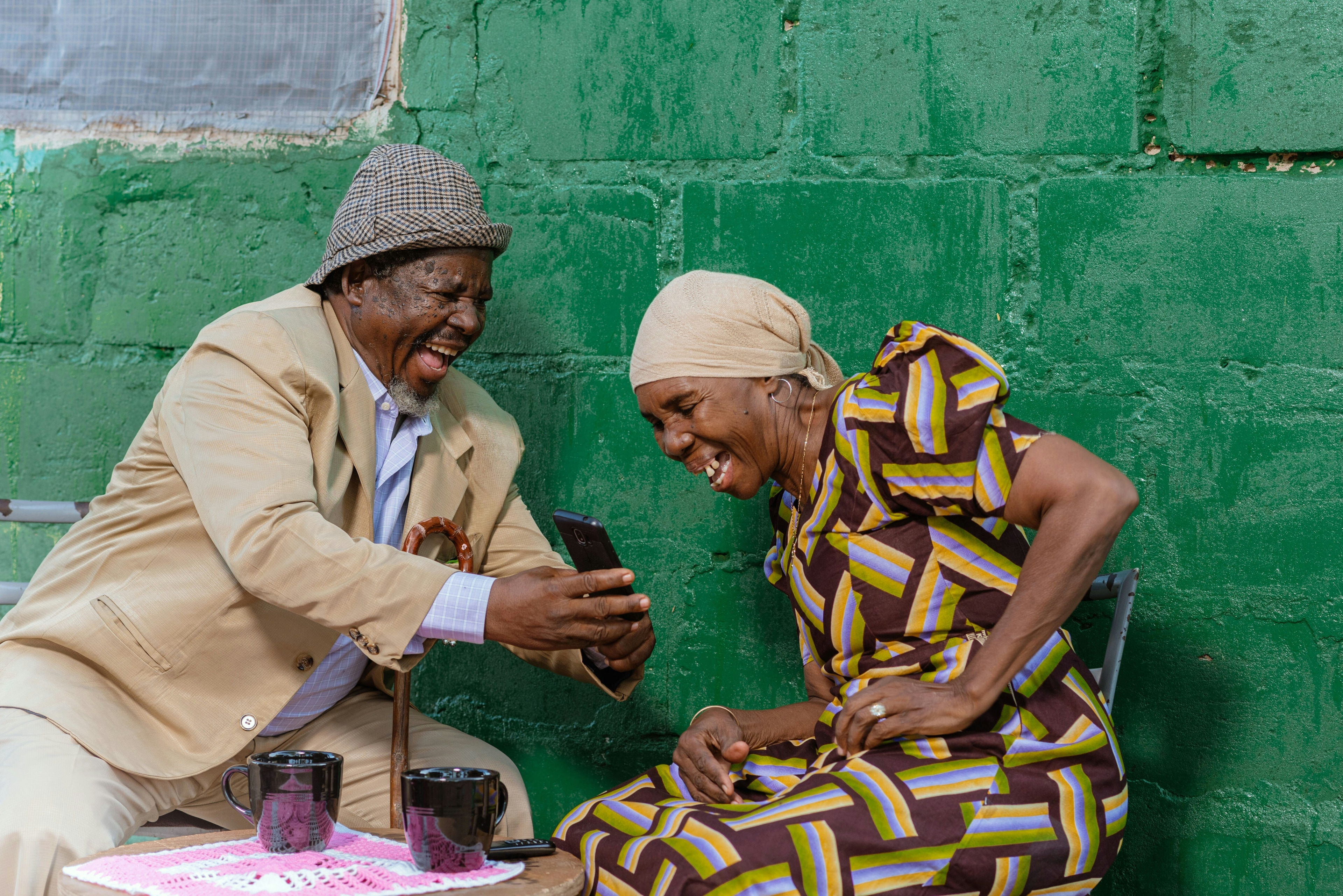One billion people fear losing their home, according to a new poll

About one in five adults worry that their house, fields or other land could be taken away. Image: REUTERS/Mohammad Ponir Hossain
- A new poll has found that, almost one billion of the world's population fear losing their home or land within the next half a decade.
- The Philippines and Burkina Faso reported the highest levels of concern, with nearly half of respondents voicing their concern.
- The Institute for Liberty and Democracy claim that a lack of reliable documentation and laws, have laid the groundwork for housing insecurity.
Almost one billion people around the world fear losing their homes or land within five years, with owners and tenants in Burkina Faso and the Philippines the most concerned, a survey of 140 nations showed on Wednesday.
About one in five adults (19%) worry that their housing, fields or other land could be taken away from them in the near future, hampering their ability to invest or plan, according to the Prindex global property rights index.
"Land and housing insecurity is a huge issue hiding in plain sight," said Malcolm Childress, executive director of the Global Land Alliance, a Washington-based think tank that compiles the index with the British Overseas Development Institute.
"Tenure security is important for individual decision making and has knock-on effects on what people do with their assets, whether they send their kids to school, or invest in better crops," he told the Thomson Reuters Foundation.
A lack of formal documentation and poor implementation of land laws threaten tenure in many countries, experts say, with more than 5 billion people lacking proof of ownership, according to the Lima-based Institute for Liberty and Democracy.
People in the Philippines and Burkina Faso reported the highest levels of concern, with nearly half of respondents (48% and 44%) fearing their homes could be taken away.
That compared with Singapore and Rwanda, which had the lowest rates of concern in the same two regions, with 4% and 8% respectively.
"It's not surprising, given the unrest in both Burkina and the Philippines, that expressed levels of insecurity are rising," said Karol Boudreaux, chief programme officer at land rights charity Landesa.
"Violent conflict displaces many people, and those left as well as powerful actors take advantage to seize properties," she said in emailed comments.
The survey, conducted by U.S. polling firm Gallup and launched on Wednesday, is the largest-ever effort documenting how secure people feel about their homes and land at a global level.
Although data collection was completed before the global outbreak of the novel coronavirus, housing insecurity could further increase as the easing of lockdowns in cities may lead to a rise in evictions, Childress said.
"We already have a lot of insecurity globally and the pandemic has thrown a huge shock on top of that," he said. "The United States for example is facing a massive eviction crisis."
Improving land and housing security will require training and awareness campaigns for people to exercise their rights and prove property ownership, and protecting renters from evictions, the report said.
For example, authorities from Colombia to Nepal are using digital evidence such as photographs to establish property claims, in particular for the estimated 70 million people who have been forced from their homes by wars, natural disasters and other events.
Nearly 170,000 people in 140 countries were questioned about ownership or tenure for the index.
Prindex is an initiative of PlaceFund – a venture fund with which the Thomson Reuters Foundation has a partnership on property rights coverage – and the UK's Department for International Development.
Don't miss any update on this topic
Create a free account and access your personalized content collection with our latest publications and analyses.
License and Republishing
World Economic Forum articles may be republished in accordance with the Creative Commons Attribution-NonCommercial-NoDerivatives 4.0 International Public License, and in accordance with our Terms of Use.
The views expressed in this article are those of the author alone and not the World Economic Forum.
Stay up to date:
Real Estate
Related topics:
Forum Stories newsletter
Bringing you weekly curated insights and analysis on the global issues that matter.







